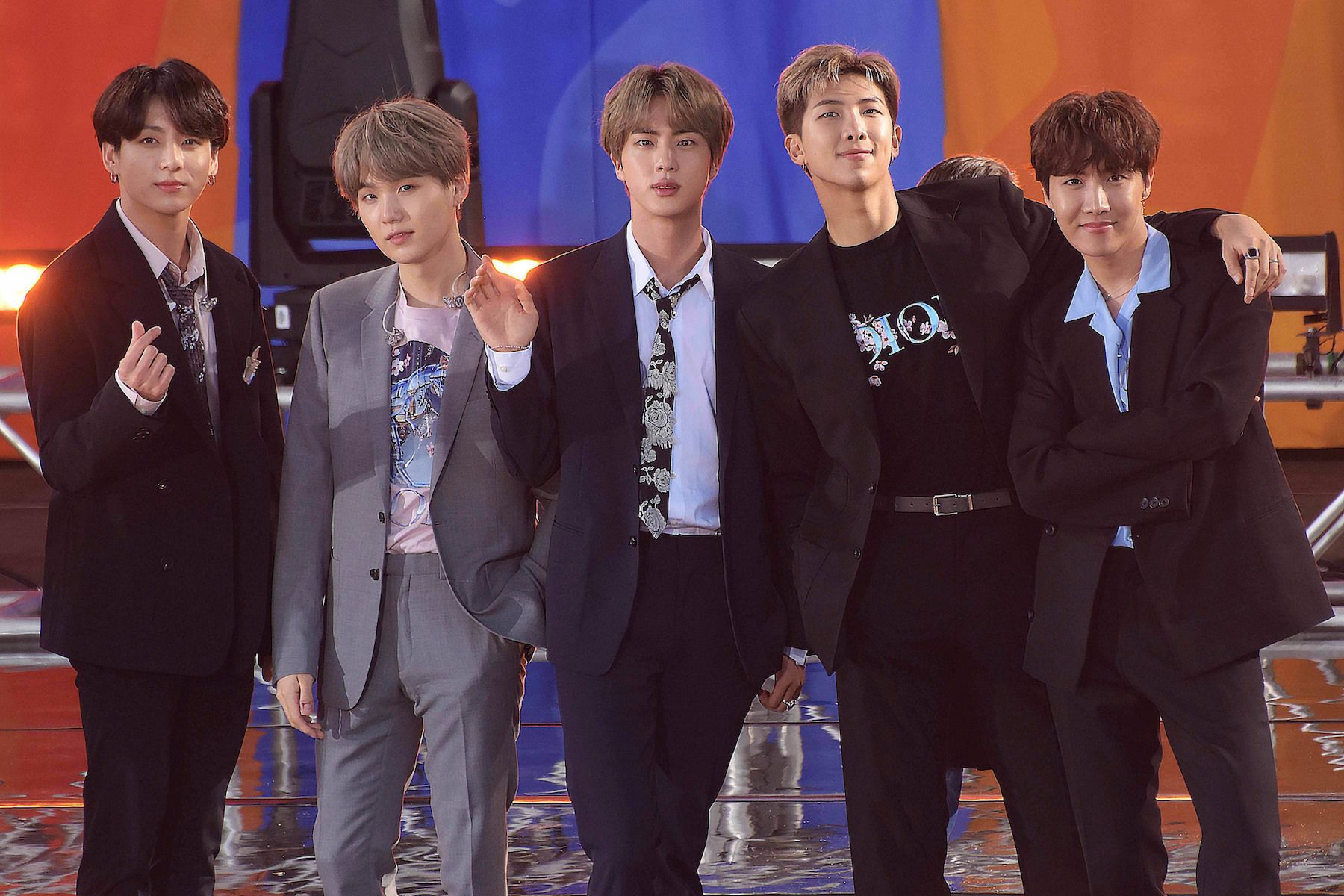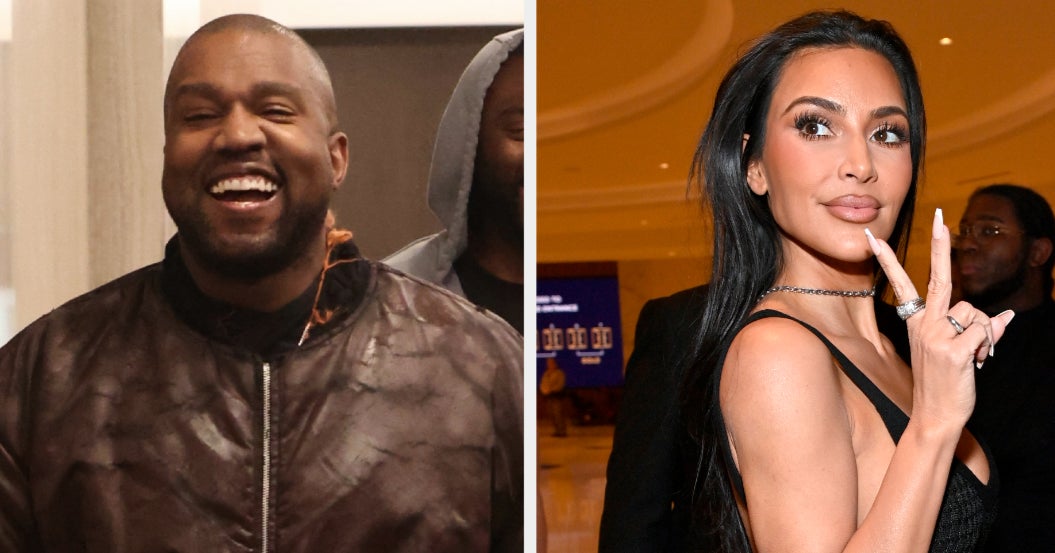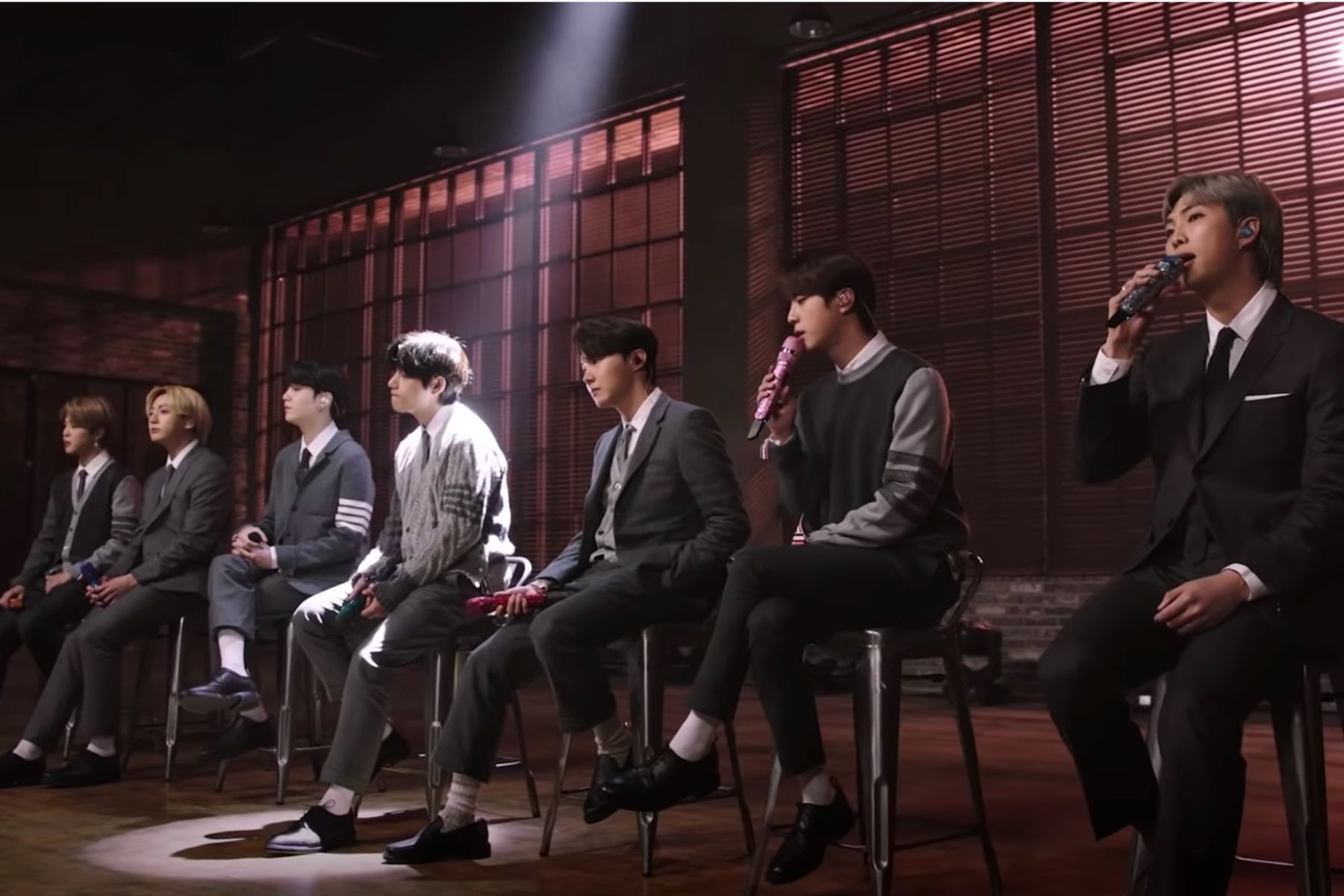
BTS Condemn Anti-Asian Racism: ‘We Feel Grief and Anger’
BTS denounced widespread anti-Asian racism following a surge of violence in the U.S. “We stand against racial discrimination,” the South Korean pop group tweeted Monday night, using the hashtags #StopAsianHate and #StopAAPIHate. “We condemn violence. You, I and we all have the right to be respected. We will stand together.”
In mid-March, six Asian women were among those killed during shootings in three Atlanta-area massage parlors. In other recent incidents, an 84-year-old man died two days after being shoved to the ground in San Francisco; a 91-year-old man was violently attacked in Oakland’s Chinatown; and in New York City, a 61-year-old man was slashed in the face with a box cutter on the subway.
“We send our deepest condolences to those who have lost their loved ones. We feel grief and anger,” BTS wrote. “We recall moments when we faced discrimination as Asians. We have endured expletives without reason and were mocked for the way we look. We were even asked why Asians spoke in English.”
The group called their own encounters “inconsequential” compared to the events of recent weeks. But, they added, “these experiences were enough to make us feel powerless and chip away our self-esteem. … What is happening right now cannot be dissociated from our identity as Asians.”
John Yang, president and executive director of Asian Americans Advancing Justice-AAJC, spoke to Rolling Stone about the recent wave of violence.
“There’s probably a couple of different root causes [of recent attacks, and] I wouldn’t attribute it to any one thing,” he said. “First and foremost is we had a former president that conditioned communities to be phobic and to be anti-Asian. And he did it through rhetoric around this awful ‘Chinese virus’ or ‘kung-flu.’ And so we had a situation where people saw the Asian-American community as ‘other,’ as a different community, and frankly, as a disease-carrying community. So that is certainly one cause. But the other cause is the economic insecurity that a lot of people face. We have to look at this in the context of Covid-19, what people are feeling economically, and the fear that people feel.”




